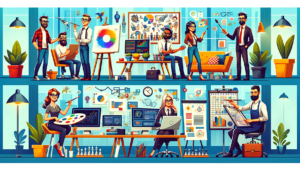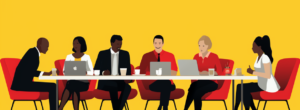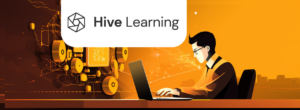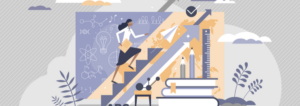The importance of personal agility in the changing world of work
- 5 Min Read
With the world of work changing at an alarming pace, organisations are questioning how they can equip themselves for this shift. But what if this was more about the individual than the wider company? Kevin Empey, HRD Thought Leader and Managing Director, WorkMatters Consulting, explains his take on this and why personal mindset could be the answer.
- Author: Kevin Empey
- Date published: Jun 2, 2020
- Categories
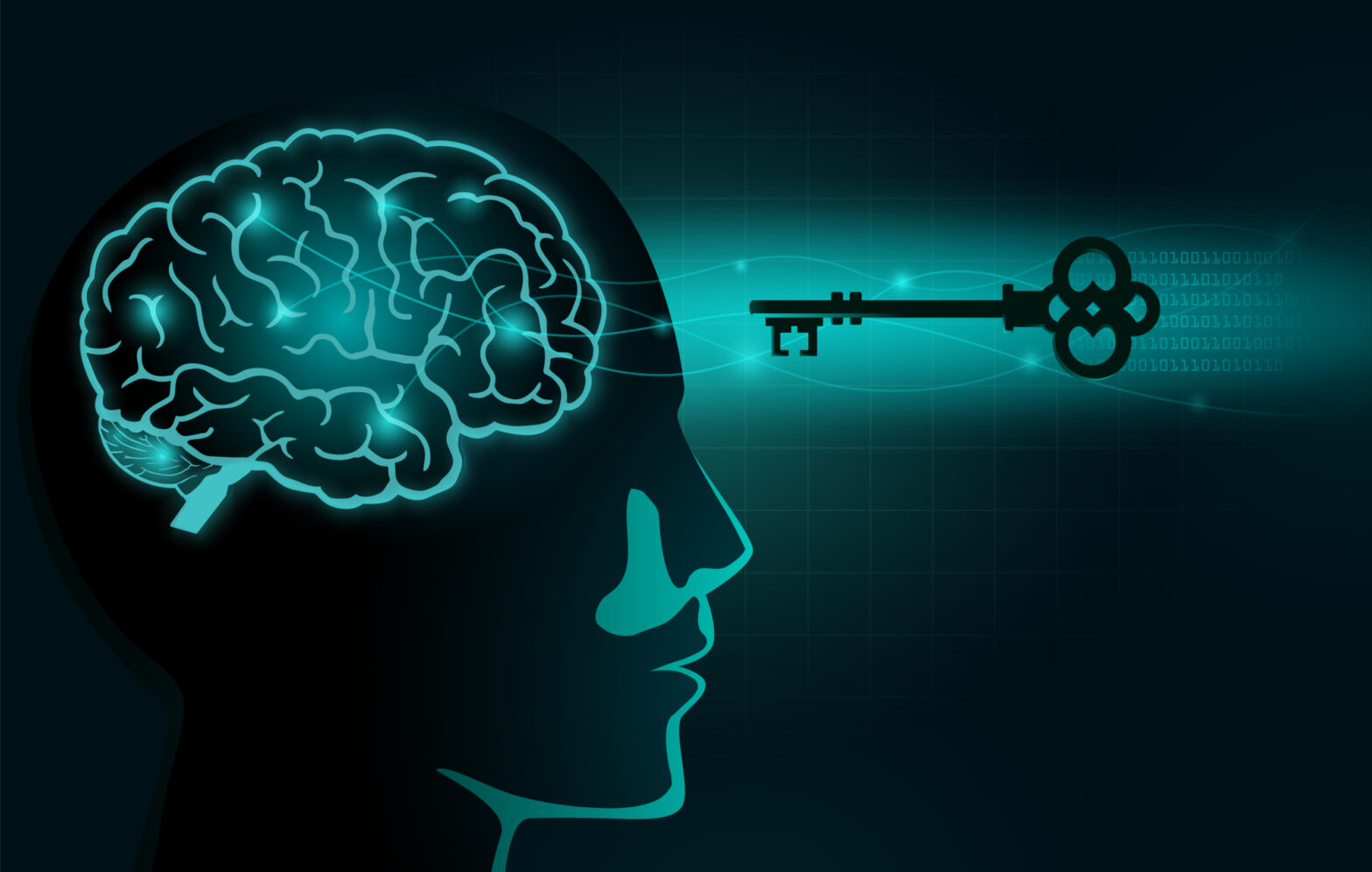
The current crisis is a stark reminder of the volatile, uncertain and changing world of work that we are living through in the modern age. It has primed our concern about the fragile nature of employment in a service dominated, inter-connected and rapidly changing economy. And it has certainly accelerated our thinking and practices regarding new and innovative ways of working.
The media, both conventional and social, is awash with tips on remote working, online learning, video-based recruitment and virtual team working – and how to deal with the practical, technical and legal consequences of working in new and innovative ways. These trends were already well underway as part of the ongoing ‘future of work’ debate but COVID-19 has dramatically catapulted these practices into our lives regarding how, where and by whom work can get done today.
It is not just about tools and practices… it’s more personal than that
The fragile, volatile nature of the working world has been familiar to us for some time now, and so too have the challenges and opportunities that this presents to us.
In a report earlier this year, Mercer found that 1/3 employees are seriously concerned about being replaced by automation. The same proportion claim they do not trust their employers in managing their transition to the new world of work. There is constant debate and research around how technology will replace, augment and also create jobs into the future.
And, as COVID-19 is proving, automation and technology are not the only forces at play in shaping the new world of work. Healthcare, climate change, globalization, talent scarcity, wealth distribution and demographics are among the other forces at play in influencing the future of work.
The clear message from these trends, and what being widely experienced right now, is that we must learn to adapt to these rapidly changing times and circumstances in the new world of work. New tools and practices will help but there is a more fundamental mindset and skillset required – both of which we already possess as human beings. The difference with today’s context is that we need to be increasingly aware and conscious of these skills in a more deliberate and front-of-mind way than ever before.
Adopting a future of work mindset (and skillset)
So what are the adaptive skills and attributes of those who thrive (rather than just cope) in the changing world of work?
We researched these skills over a two-year period by diagnosing individual case examples with leaders across multiple sectors, organisational size and geographies.
The motivation behind researching these attributes and skills was simply to help people take more positive control of their own path in an ever-changing work and career environment – and to be more mindful of the practical skills needed to do so.
The essence of these Personal Agility skills and attributes is summarised as follows:
- Being Purposeful – having an outlook, attitude and bias for intention and action. Being clear about what you are about and why, underpinned by a core set of personal values and beliefs that help bring focus and direction in both the short and longer term. For adaptive people, these ‘purposeful characteristics’ provided resilience and worked like a rudder for them in navigating changing circumstances. They helped them to be more receptive to learning new skills, and assisted them in moving towards where they wanted to go and who they wanted to be.
- Having a Learning mindset – an openness to learning and to new perspectives, to developing new skills, experimentation and seeing opportunities for growth. As well as having a growth mindset, the adapters were resourceful and creative in learning new skills.
- Open to change – being positively oriented to change rather than naturally resistant to it – seeing change as normal and as a growth opportunity rather than a threat. Being ‘change-able’. Building resilience and being able to bounce back and deal with changing and unwelcome circumstances
- Empowered – motivated towards taking action and responsibility, being accountable for your own path, development and decisions, and accepting that they may not always work out as planned
- Orientation to engage and work with others – being prepared to build relationships, collaborate and positively deal with different and diverse perspectives and opinion. We simply need other people in one way or another to succeed in the future of work.
While of course it helps to have the right culture and leadership for these skills to flourish, they are ultimately individual, learnable skills that we can develop in ourselves and in others if we are all to thrive in uncertain times.
These Personal Agility skills can help us during the current uncertainties and changes in the workplace but they will also help us to future-proof our careers and working lives as we move forward..
Click here for a full copy of our Personal Agility Whitepaper and Competency Model.
WorkMatters provides people and leadership solutions for the changing world of work. Specializing in organizational agility and Future of Work consulting and training, we help leaders and their employees prepare for the future of work and the future workplace.


